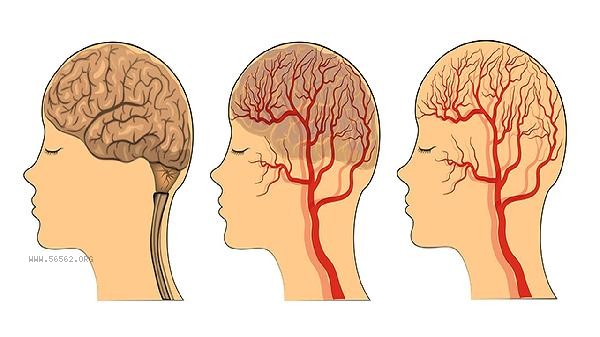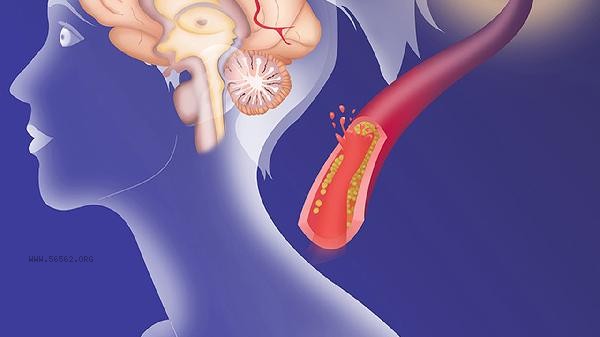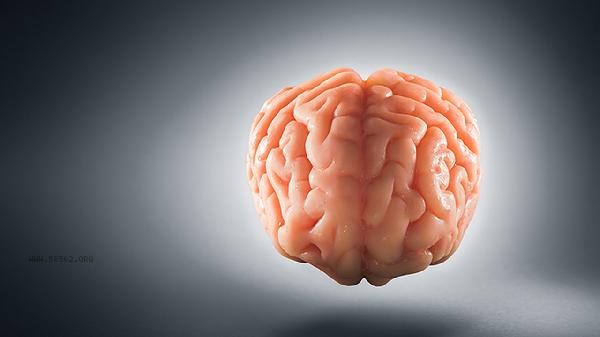Sudden transient amnesia in the brain may be caused by transient ischemic attacks, hypoglycemia, migraine precursors, epileptic seizures, or psychological factors, and can be restored through improving lifestyle habits, medication treatment, psychological intervention, and other methods. Transient amnesia usually manifests as sudden memory gaps or missing time segments, which are mostly reversible, but potential causes need to be investigated.

1. Transient ischemic attack
Transient cerebral vascular insufficiency may lead to transient global amnesia, commonly seen in patients with hypertension or arteriosclerosis. The typical manifestation is sudden memory loss, lasting for several minutes to several hours, usually without any sequelae. It is recommended to control blood pressure and blood lipids, avoid smoking and drinking alcohol, and if necessary, follow medical advice to use antiplatelet drugs such as aspirin enteric coated tablets and clopidogrel.
2. Hypoglycemic reaction
When blood sugar levels sharply decrease, insufficient energy supply to the brain may cause temporary confusion or memory interruption. It is commonly seen in patients with diabetes who have overdosed drugs or haven't eaten for a long time. Carry candy and cookies with you, monitor your blood sugar regularly, and replenish sugary foods immediately when you have an attack. Severe hypoglycemia requires treatment with glucose injection.
3. Migraine aura
Some migraine patients may experience visual abnormalities or transient memory impairment before the onset of headache, which is related to cortical diffusion inhibition. Maintain a regular daily routine, avoid strong light stimulation and specific food triggers. During the acute phase, follow the doctor's advice to use drugs such as ibuprofen and zolpidem to alleviate symptoms.

4. Seizures
Temporal lobe seizures may result in transient memory gaps or a sense of deja vu. EEG examination can provide a clear diagnosis, and long-term use of antiepileptic drugs such as sodium valproate and levetiracetam is necessary to control seizures. Avoid triggering factors such as staying up late and drinking alcohol, and regularly review and adjust medication plans.
5. Psychological factors
Acute stress reactions or dissociative disorders may lead to psychogenic forgetting, which is often associated with major psychological trauma. It manifests as selective forgetting of specific events, usually requiring psychological therapy combined with relaxation training. Cognitive behavioral therapy and sandplay therapy are helpful for rebuilding memory cognition, and in severe cases, short-term use of anti anxiety drugs such as paroxetine can be recommended.

Adequate sleep and moderate exercise should be maintained in daily life, and a Mediterranean diet is beneficial for cerebrovascular health. Memory training such as reciting poetry and playing puzzle games can promote brain function recovery. If there are frequent episodes or accompanied by symptoms such as limb weakness and speech disorders, immediate head CT or MRI examination is required to rule out the risk of stroke. Suggest recording details such as the environment and duration of the attack to provide a reference for doctors' diagnosis.








Comments (0)
Leave a Comment
No comments yet
Be the first to share your thoughts!